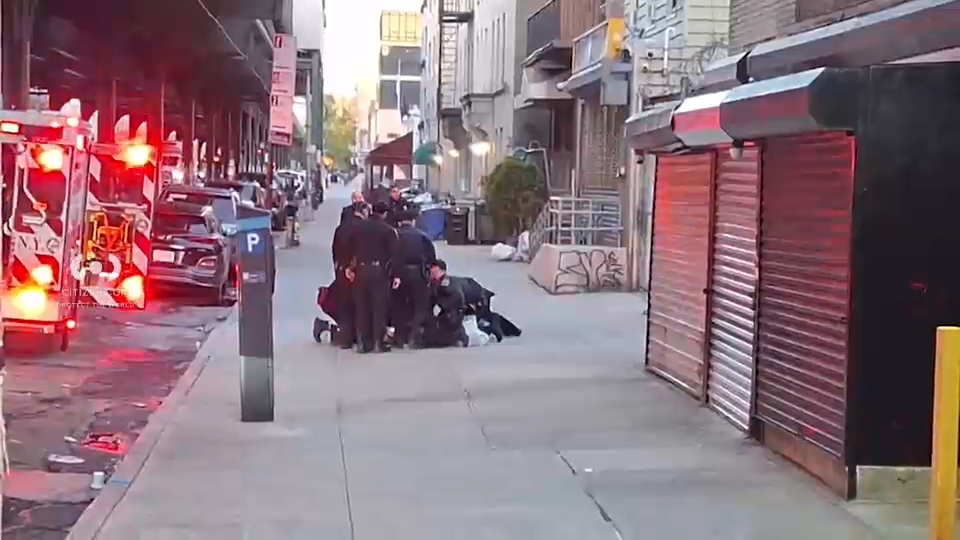Trump's Views on Russia Don't Conform to Either Party's Platform

Perhaps more than any other policy issue, foreign or domestic, Donald Trump's views on Russia and the sanctity of ties to Eastern European allies have shown just how far outside the bounds of conventional wisdom and establishment norms he is willing to step.
His comments on Russia have drawn ire and befuddlement from his Democratic political foes, but on this issue more than most, he seems to have fewer conservatives who share his outlook.
Republicans scatter when Trump talks Russia. Some prominent conservatives wouldn't even agree to be interviewed by ABC News for this story.
The latest example of Trump's controversial comments came Wednesday, when the Republican presidential candidate appeared to suggest that Russia ought to hack into Hillary Clinton's emails and dig up the 30,000 emails from her private account that she deleted. That midday remark sent critics into a Twitter frenzy, labeling it an enormous misstep that seemed to welcome cyber-espionage from an adversarial government in the name of personal political gain.
Trump said today he was being "sarcastic."
Maybe so, but it's not the only statement of that ilk.
In the same news conference Wednesday, Trump said he "would be looking at" the possibility of lifting sanctions against Russia tied to its illegal military annexation of Crimea, which the U.S. government refuses to accept. Rather than stand against a feared revival of Soviet expansionism, critics say Trump seems to be embracing it.
Danielle Pletka, a foreign policy and defense expert at the conservative think tank American Enterprise Institute in Washington, D.C., said the Republican establishment has rightfully been hard on Trump.
"Does anybody who believes in democracy, does anybody who believes in the system that's been in place since the end of World War II think that it's permissible to bite off and annex another part of a country? No. Nobody serious thinks that," Pletka told ABC News.
White House spokesman Josh Earnest described today the annexation of Crimea as an "egregious violation of international norms" that rallied Europe and the U.S. to impose sanctions against Russia.
Trump has suggested the U.S. step back from the unrest in Ukraine.
"I think maybe we should do a little following and let the neighbors take a little bit more of an active role in Ukraine," Trump said in a television interview late last year.
He has described NATO, the North Atlantic Treaty Organization, as "obsolete," while also suggesting he may not honor the organization's most sacred covenant of mutual defense.
"If they fulfill their obligations to us, the answer is yes," Trump told The New York Times when asked if he would defend the Baltic states from an attack by Russia. NATO members are required to spend 2 percent of their GDP on national defense.
"What Trump fails to understand, because he thinks so transactionally," Pletka told ABC News, "is that we are in NATO not because of the 2 percent that the likes of Latvia throw in or not throw in. We are in NATO because it is the most secure, most successful alliance in modern history. And it is our interest to be in NATO. I can assure that an extra million dollars in the defense budget of Greece is not going to transform the landscape."
Last December, when Trump was asked about reports that Russian President Vladimir Putin was cracking down on internal dissent by killing journalists and political opponents, Trump's response seemed complimentary of Putin.
"He's running his country and at least he's a leader, unlike what he have in this country," Trump said. And when Putin described Trump as a "bright and talented person," Trump released a statement through his spokesman, Hope Hicks, that said in part: "It is always so great to be so nicely complimented by a man so highly respected within his own country and beyond."
Pletka said Trump's foreign policy statements might be playing into Putin's hands.
"I think it's absolutely clear that Putin would love to see someone like Donald Trump, who shares his antipathy towards civil society and democratic norms, elected," Pletka said.






